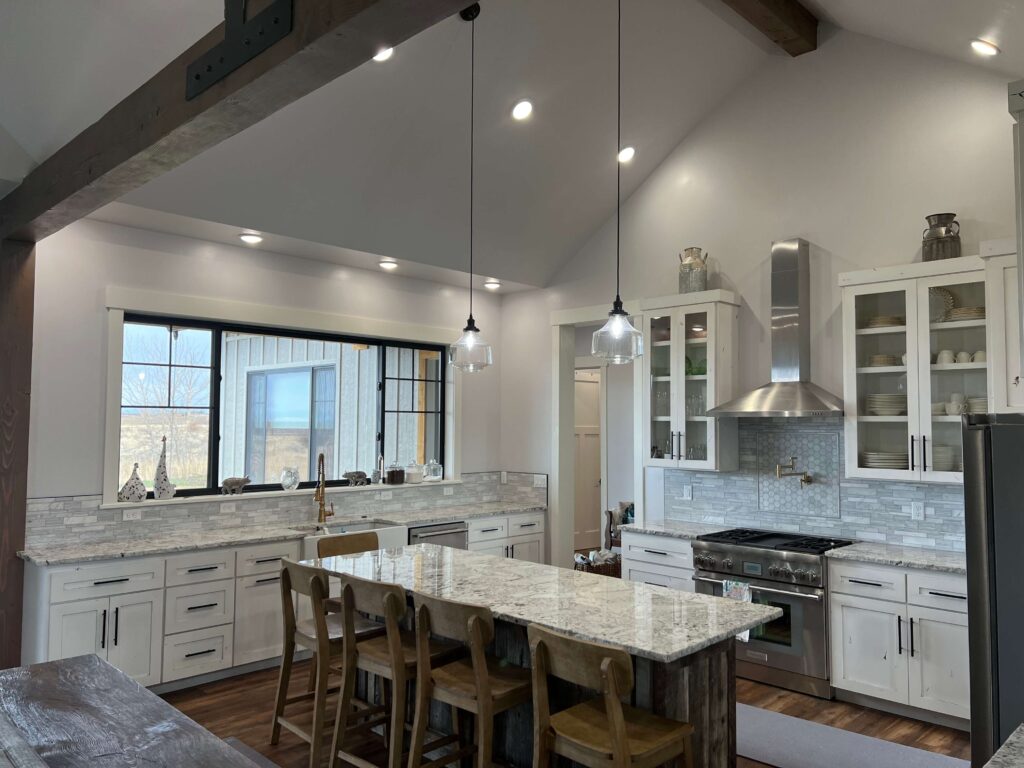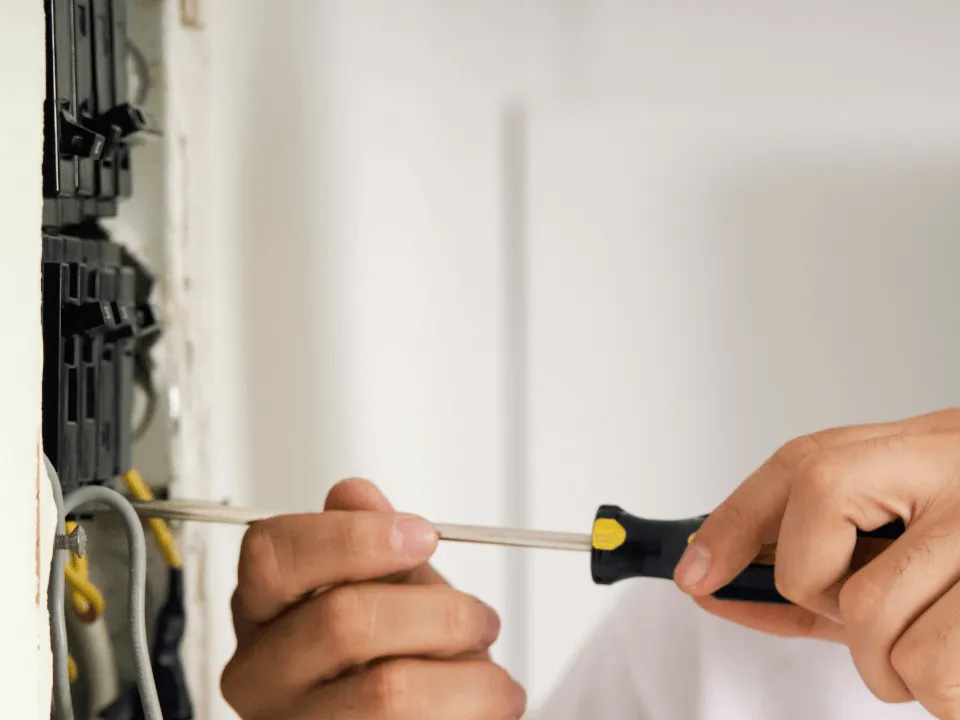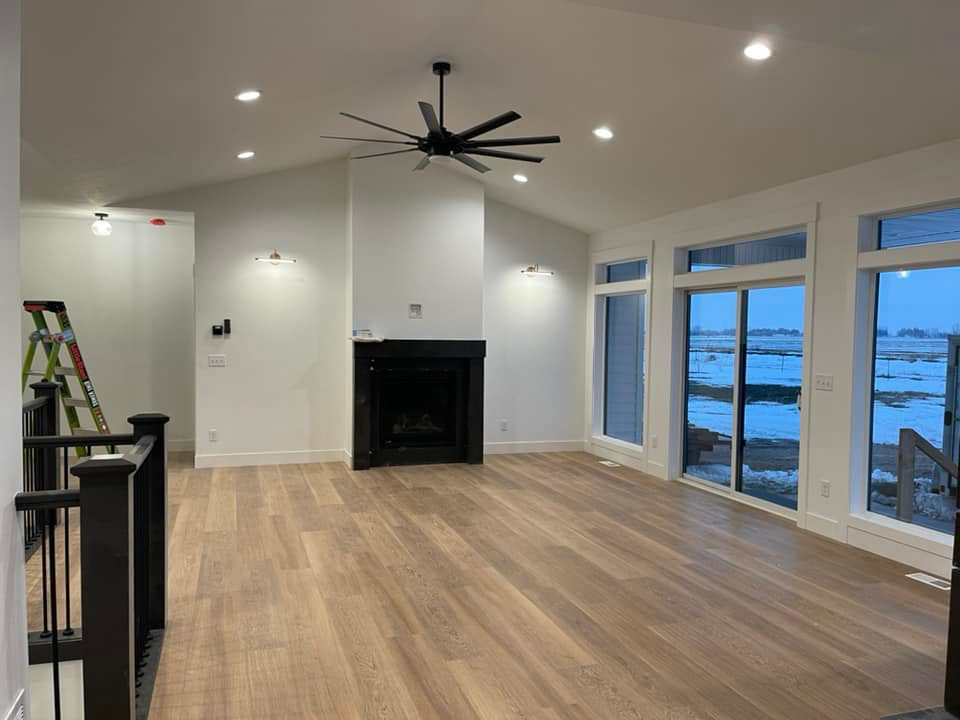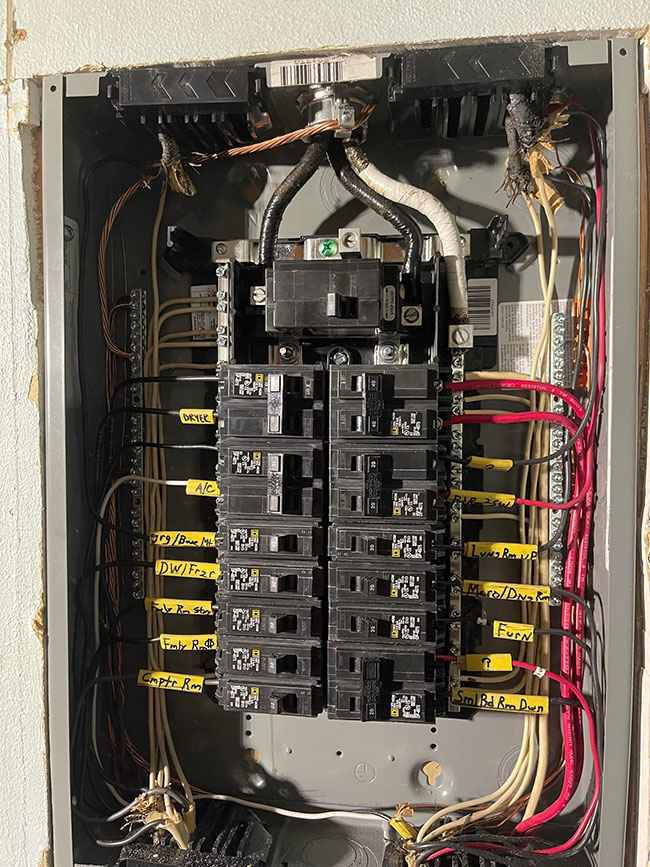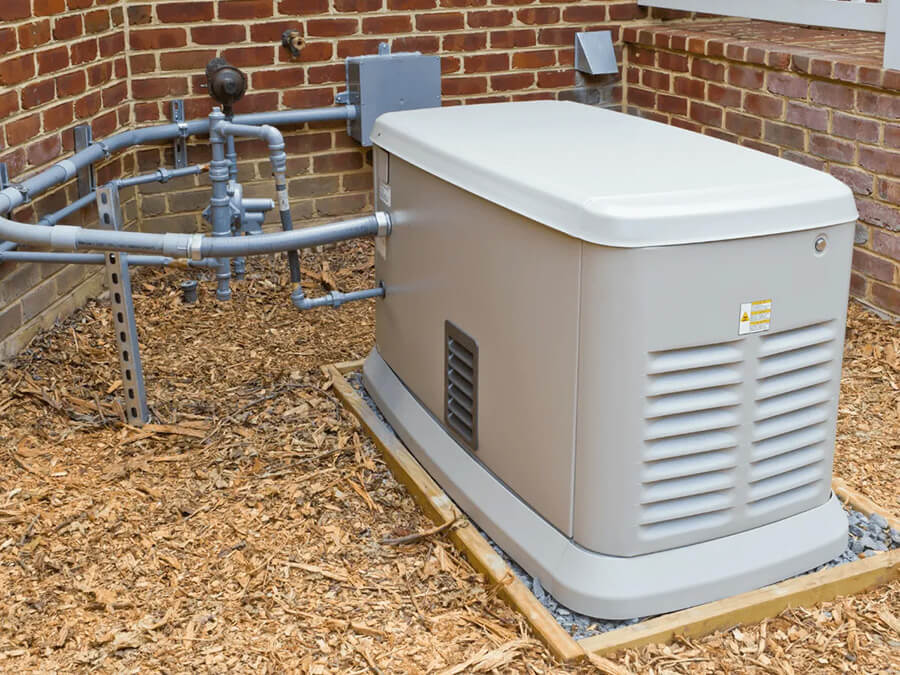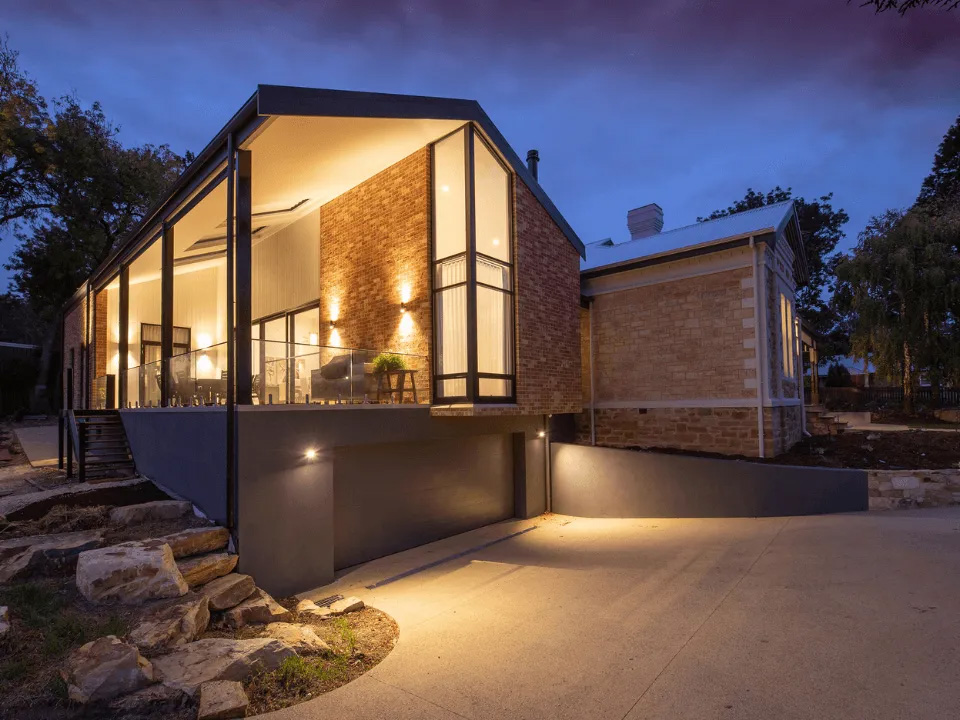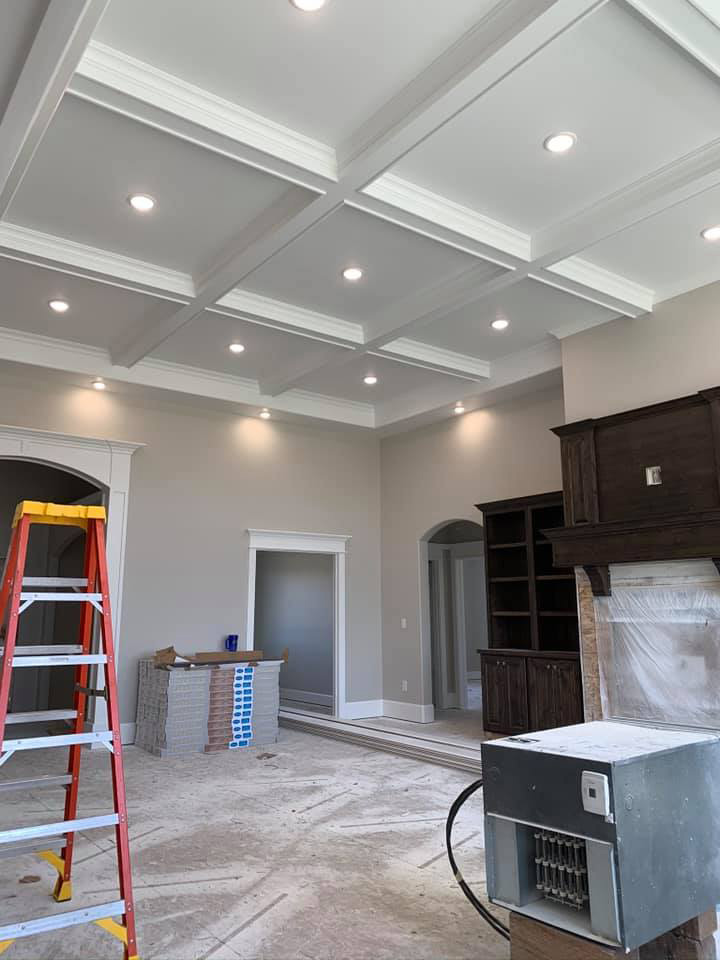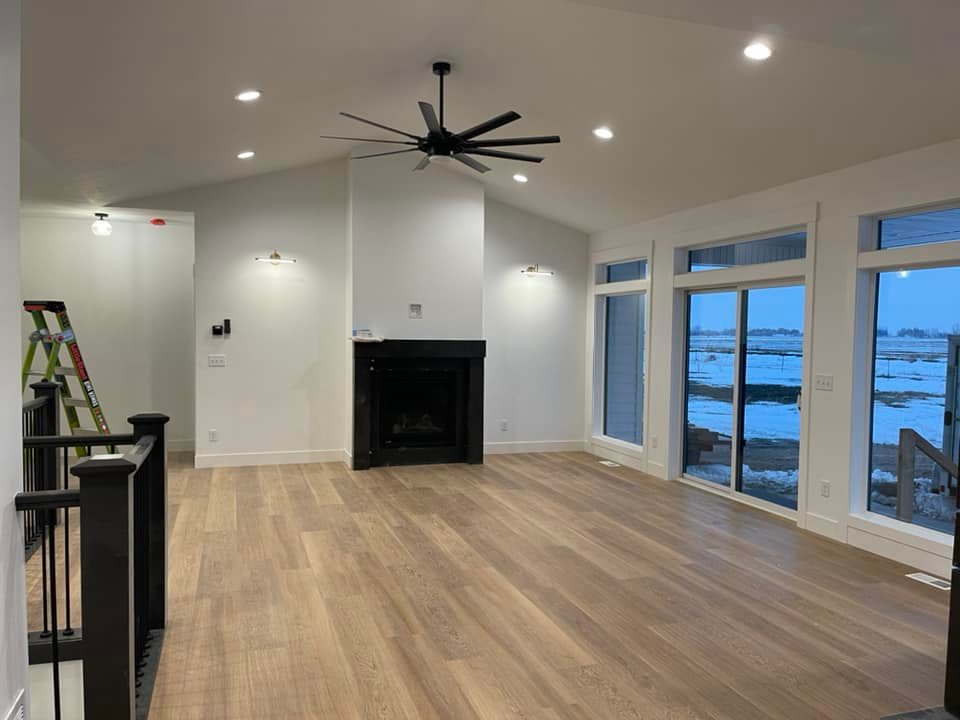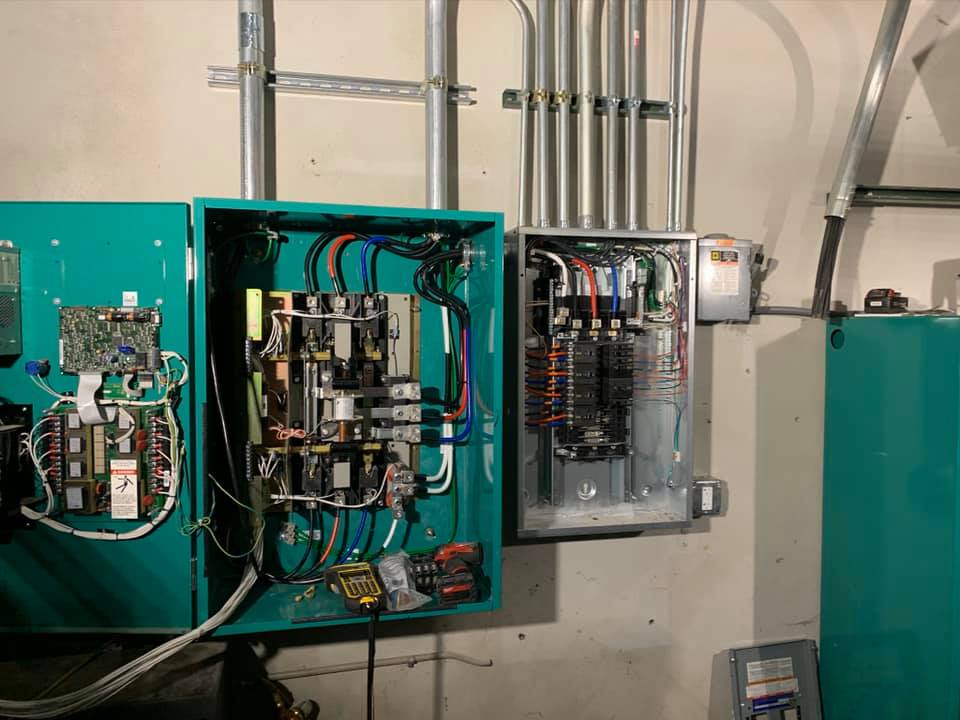The Importance of Electrical Inspections for Idaho Falls Homes
Electrical inspections are often overlooked by homeowners, but they are crucial for ensuring the safety, efficiency, and reliability of your home’s electrical system. Many electrical problems are not visible on the surface, and it’s easy to assume everything is fine until something goes wrong. Regular electrical inspections help identify issues before they become serious, saving you time, money, and stress. Here’s everything about the importance of electrical inspections for Idaho Falls homeowners.
Preventing Electrical Fires
Electrical fires are one of the leading causes of home fires, and many of these can be prevented with a simple inspection. Outdated wiring, faulty outlets, and overloaded circuits can all contribute to fire hazards. Electrical inspections can identify risks that homeowners may not be able to see themselves, such as:
- Frayed or damaged wiring
- Overheated electrical panels
- Exposed wiring or improper grounding
An Idaho Falls ID electrician can spot these issues during an inspection and make necessary repairs before they lead to a fire. Ensuring your home is safe is one of the top priorities of electrical inspections.
Ensuring Compliance with Electrical Codes
Building codes and electrical standards evolve over time, and homes built years ago may not meet the current codes. Hiring a licensed electrician for an inspection ensures that your home is up to date with local electrical codes and regulations. Non-compliance can lead to:
- Fines or penalties if your home is ever sold
- Insurance issues if electrical problems are discovered during a claim
- Unsafe wiring that puts your family at risk
Upgrading your electrical system to meet current codes ensures both safety and peace of mind.
Increasing Energy Efficiency and Saving on Utility Bills
One of the benefits of an electrical inspection is the opportunity to increase your home’s energy efficiency. During an inspection, a professional electrician will check for outdated components that may be using more power than necessary. Common issues include:
- Inefficient lighting
- Old appliances that draw excessive power
- Wiring that causes energy loss
By identifying these inefficiencies, an expert electrician can recommend energy-efficient upgrades, saving you money on your utility bills while improving your home’s overall performance.
Peace of Mind for Homebuyers and Sellers
If you’re selling your home, having an electrical inspection completed can make the process smoother. Homebuyers often request an inspection before closing, and having an up-to-date report shows that you’ve taken steps to ensure the home is safe.
On the other hand, if you’re purchasing a home, an electrical inspection will give you peace of mind by highlighting any potential issues that could become costly repairs later.
- Electrical inspections are a must for both buyers and sellers to ensure the home is safe and up to code.
- Sellers can make any necessary repairs before listing the home, while buyers can be confident in the condition of the electrical system.
Conclusion
An electrical inspection is an investment in your home’s safety, efficiency, and value. Whether you’re concerned about fire hazards, code compliance, or energy efficiency, scheduling an inspection with a trusted electrician can provide peace of mind. Platinum Electric offers comprehensive electrical inspections to ensure your home is safe, compliant, and energy-efficient.
For reliable electrical inspections in Idaho Falls, call Platinum Electric today at (208) 403-3040 to schedule your free estimate and keep your home safe and efficient.
We also provide services to Blackfoot, Collins, Chubbuck, Idaho Falls, Ammon, Rexburg, Jackson, Island Park, Shelley, Iona, and all surrounding areas.
The Importance of Electrical Inspections for Idaho Falls Homes Read More »


